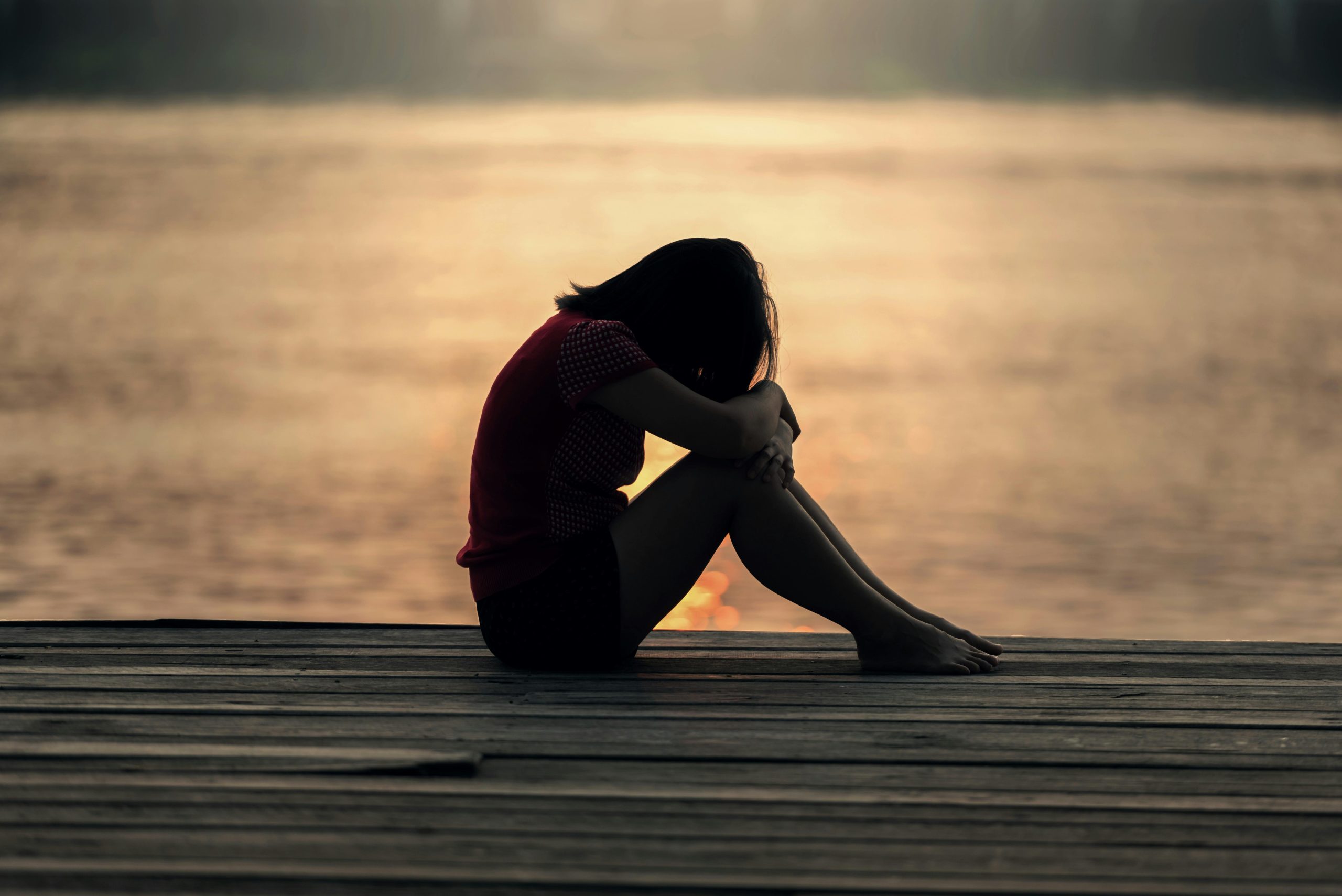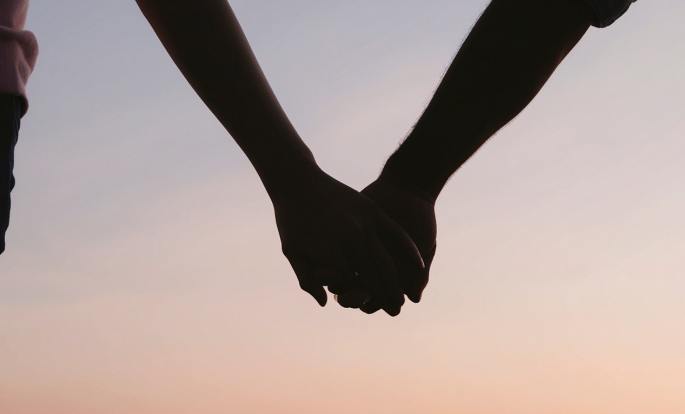Capital Steps: The Walsh London Black / Beige Sneakers
Feb 19, 2026Why You Feel Unlovable: A Guide to Healing
- Sep 21, 2025
- 0 Comments
483

Feeling unlovable is one of the most isolating and painful emotional experiences. It’s a quiet, persistent voice that tells you that you are fundamentally flawed and unworthy of affection, belonging, or love. This feeling can create a profound sense of loneliness, even when you are surrounded by people who care about you.
If you resonate with this, know you are not alone. The journey from unlovability to self-acceptance is one of the most challenging but also the most rewarding. It begins not with trying to be someone else, but with understanding and healing the core wounds that led you here.
Key Takeaways
- Unlovability is a Feeling, Not a Fact: Your belief that you are unlovable is a symptom of past experiences, not a reflection of your inherent worth.
- The Roots are Often in Childhood: This feeling frequently stems from a lack of emotional safety or unmet needs during your formative years.
- Healing is Possible: You can work through this pain and create a life where you feel worthy and deserving of love.
- It’s a Journey of Self-Compassion: The path forward involves befriending yourself and re-parenting your inner child.
Why You Feel Unlovable: Understanding the Core Wound
The feeling of unlovability rarely comes out of nowhere. It is often a deeply ingrained belief that develops in response to experiences where you felt unseen, unheard, or unvalued. These experiences create a core wound that convinces you that that you are not truly worthy of love.
While the specifics are unique to each person, the feeling often traces back to a lack of emotional safety in a person’s life. This is the foundation of our ability to connect with others. Emotional safety is the feeling that you can be vulnerable, make mistakes, and express your true self without fear of judgment, abandonment, or ridicule. When this safety is absent, whether due to neglect, criticism, or an unstable environment, we learn to internalize the message that something is wrong with us.
The Impact of Childhood Trauma on Unlovability
This is where the concept of childhood trauma and feeling unlovable becomes crucial. Trauma doesn’t always have to be a major event. It can be a series of smaller, repeated moments where your emotional needs were not met. This can include:
- Having a parent who was emotionally distant or preoccupied.
- Being constantly criticized or compared to others.
- Having to take on adult roles at a young age.
- Witnessing instability or conflict within the home.
These experiences leave a lasting imprint on the psyche, leading to an insecure attachment style that makes it difficult to trust that others will be there for you.
From Unlovability to Healing: A Path Forward
The path to healing is not about finding someone to “fix” you or to finally prove that you are worthy of love. It is about doing the internal work to build a new foundation of worthiness within yourself.
1. Acknowledge and Validate Your Feelings
The first and most important step is to acknowledge your pain without judgment. It’s okay to feel this way. Your feelings are a valid response to your past. By simply saying to yourself, “I feel unlovable right now, and that’s okay,” you begin to separate the feeling from your identity.
2. The Role of Self-Compassion
Self-compassion is the antidote to shame. It’s about treating yourself with the same kindness and understanding you would offer a dear friend. This involves recognizing that everyone struggles and that your imperfections are part of being human. Practice talking to yourself with empathy, especially when that voice of unlovability gets loud.
3. Family of Origin Therapy
This type of therapy is a powerful tool for understanding and healing from the past. A therapist can help you identify the patterns and beliefs you inherited from your family that are no longer serving you. By exploring your family of origin, you can begin to see that the feeling of unlovability was not about you, but about the circumstances you were in. This process helps you mourn what you didn’t receive and find new, healthier ways to connect.
4. Build Emotional Safety with Yourself and Others
You can’t control how others treat you, but you can control the emotional safety you create for yourself. This involves:
- Setting boundaries to protect your energy and well-being.
- Finding safe people who can listen without judgment.
- Learning to trust your intuition and honor your own needs.
If you are in California and are interested in family of origin work to address feelings of unlovability, see my California Online Therapy practice, located in Larkspur, Marin County (where I also do in-person therapy). For those outside of the state, check out the Psychology Today Therapist Directory to find a therapist to support you.
Frequently Asked Questions
Q: Is “unlovable” a mental health condition? A: No, unlovability is not a clinical diagnosis. It is a deeply painful emotional state or symptom that can be associated with various mental health conditions like depression, anxiety, or certain personality disorders. However, it is primarily a core belief about yourself.
Q: Can I heal from feeling unlovable without a therapist? A: While professional support is highly recommended, it is possible to begin the healing journey on your own. Resources like self-help books, meditation apps focused on self-compassion, and support groups can be very beneficial. However, a therapist can provide a safe, structured environment to help you process complex emotions and trauma.
Q: How do I know if the feeling of unlovability is a lie? A: The best way to challenge this feeling is to look for evidence that contradicts it. Think of the times people have shown you kindness, listened to you, or made you feel valued. While the feeling may be powerful, these small moments of connection are the truth. The feeling is a powerful echo from the past, but it is not the reality of the present.
Publisher: Source link







